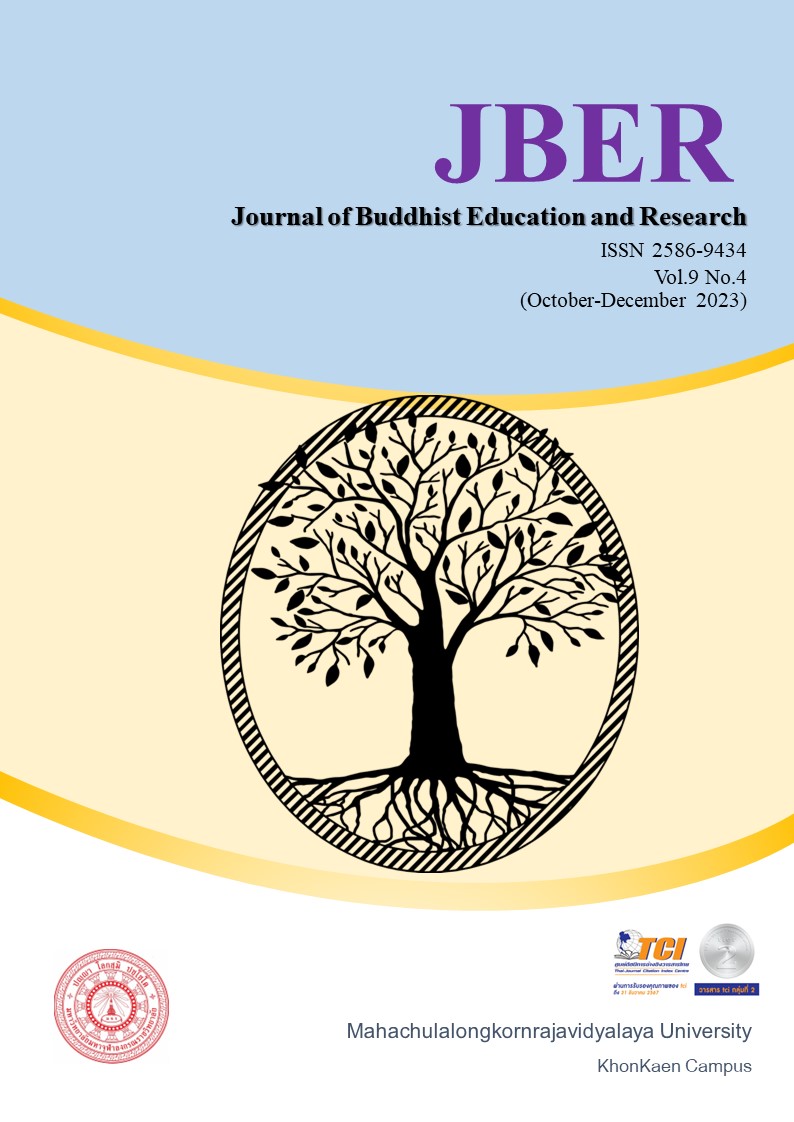RESEARCH ON COUNTERMEASURES FOR IMPROVING EMPLOYEE INCENTIVE MECHANISM
Keywords:
Incentives, Improvement countermeasures, human resourcesAbstract
The increasingly fierce competition makes the company pay more attention to talent discovery. In terms of talent team building, the company should not only focus on attracting talents, but also pay attention to retaining core talents. Only in this way can the company gain advantages in the fierce competition environment. Scientific improvement of the feasible employee incentive mechanism can not only fully stimulate the enthusiasm of employees, dig the potential and value of employees, enhance the cohesion of employees, promote the improvement of the company's production and operation benefits, but also retain talents and attract talents. Taking Y Company as an example, this paper first clarified the research background, research purpose and significance, research status, research ideas and research methods of incentive mechanism at home and abroad, and then proposed the main framework of the paper. Then explain the relevant concepts and theories of incentive and introduce the current situation of Y company's employee incentive mechanism. By analyzing the satisfaction questionnaire of Y Company's employee incentive mechanism, summarize the problems of Y Company's employee incentive mechanism and analyze the reasons, and then put forward the improvement plan of Y Company's employee incentive mechanism. And put forward the guarantee measures for the effective implementation of the improvement program.
References
Alberts, B. (2009). On incentives for innovation. Science, 326(5957), 1163-1163.
Carmichael, L. (1983). Firm-specific human capital and promotion ladders. The Bell Journal of Economics, 33(5), 251-258.
Damian, R. I., & Robins, R. W. (2013). Aristotle's virtue or Dante's deadliest sin? The influence of authentic and hubristic pride on creative achievement. Learning and Individual Differences, 26(3), 156-160.
Demerouti, E., Bakker, A. B., & Gevers, J. M. (2015). Job crafting and extra-role behavior: The role of work engagement and flourishing. Journal of Vocational Behavior, 91(3), 87-96.
Gentner, D., Loewenstein, J., Thompson, L., & Forbus, K. D. (2009). Reviving inert knowledge: Analogical abstraction supports relational retrieval of past events. Cognitive science, 33(8), 1343-1382.
Hesselgreaves, H., & Scholarios, D. (2014). Leader–member exchange and strain: A study of job demands and role status. Human Resource Management Journal, 24(4), 459-478.
Staren, E. D. (2006). Optimizing staff motivation. Physician executive, 35(4), 74-86.
Volkman, D. A., & Henebry, K. (2010). The use of incentive contracting and firm reputation. Corporate Reputation Review, 13(1), 3-19.





